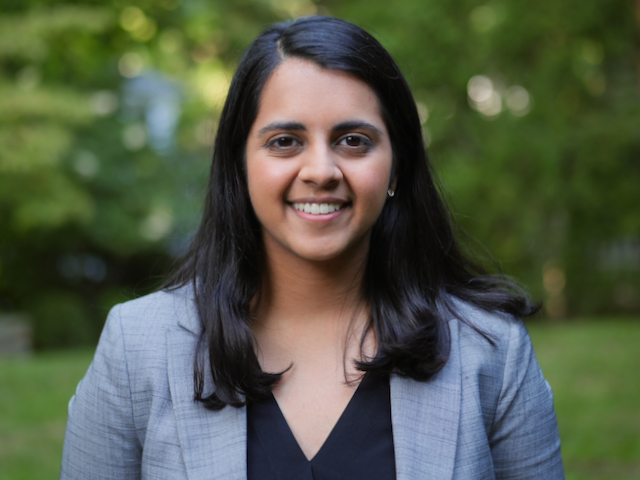Supreme Court Rules in United States v. Abu Zubaydah
The court decided that the federal government could invoke the state secrets privilege to block two CIA contractors from testifying about a Guantanamo detainee’s treatment at a CIA black site.
Published by The Lawfare Institute
in Cooperation With

The Supreme Court on March 3 issued a ruling in United States v. Abu Zubaydah, deciding that the federal government could invoke the state secrets privilege to block two CIA contractors from testifying about a Guantanamo detainee’s treatment at a CIA black site. The ruling prevents the detainee, Abu Zubaydah, from taking deposition testimony in connection with a separate criminal proceeding in Poland about the CIA’s alleged conduct in that country 20 years ago.
Writing for the fractured court, Justice Stephen Breyer said that the testimony—which would “necessarily tend to confirm (or deny) that the CIA maintained a detention site in Poland”—could significantly harm U.S. national security and damage the CIA’s relationships with foreign authorities.
In a dissent, Justice Neil Gorsuch, joined by Justice Sonia Sotomayor, said that the government sought to block the testimony to avoid “embarrassment for past misdeeds.”
“This Court’s duty is to the rule of law and the search for truth. We should not let shame obscure our vision,” Gorsuch wrote.
You can read the opinion here and below:



-final.png?sfvrsn=b70826ae_3)
